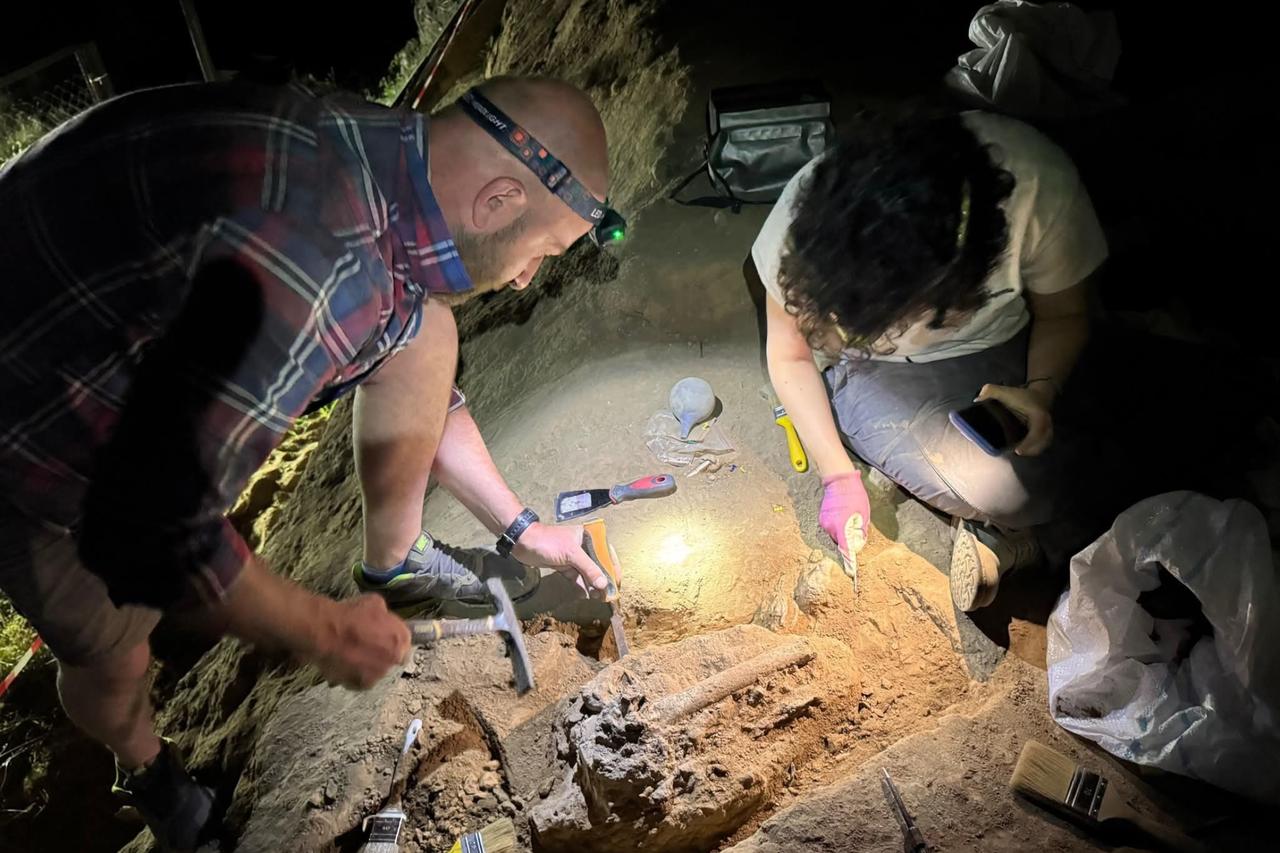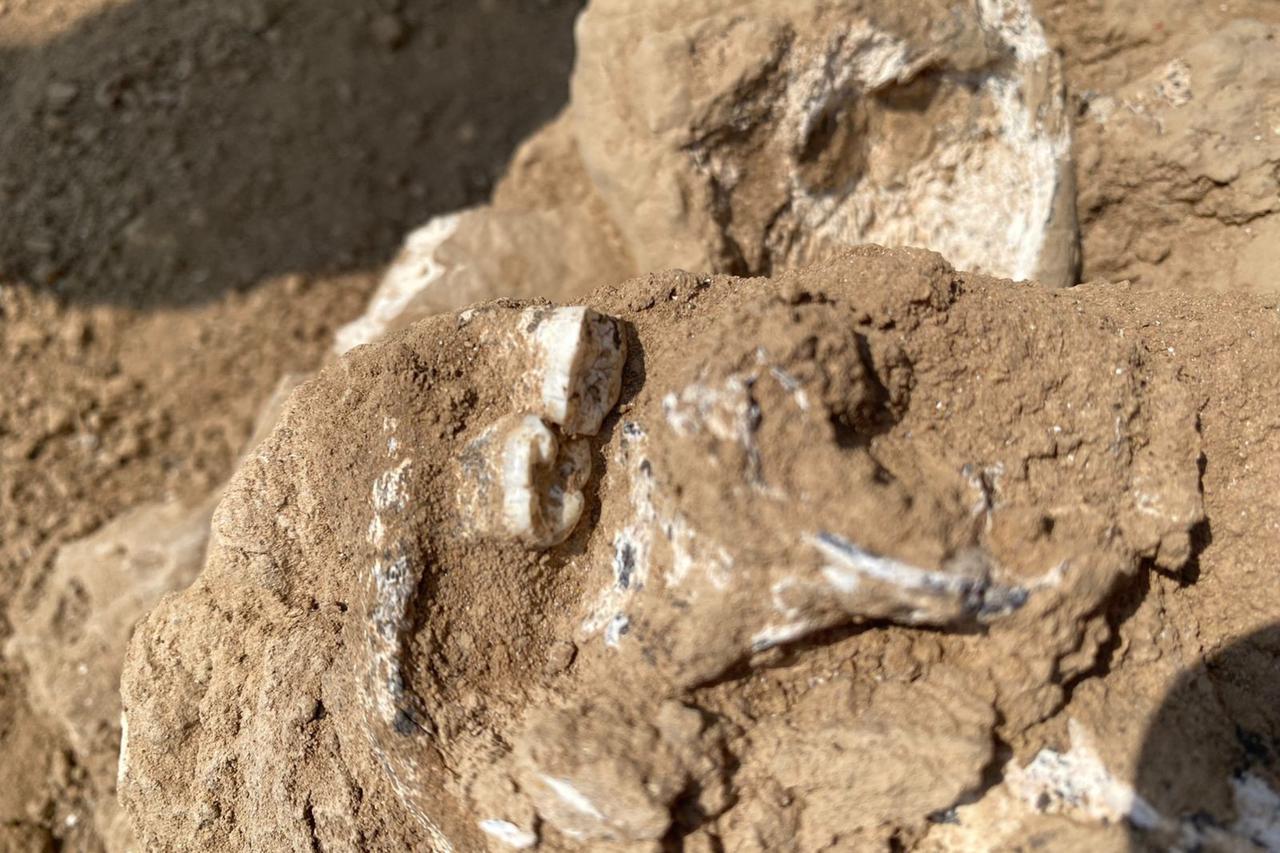
Archaeologists in Georgia have uncovered a 1.8-million-year-old lower jawbone belonging to the human species. The discovery was made in July during excavations in the village of Orozmani, located in the Kvemo Kartli region south of the capital Tbilisi.
The find has been described as a major step in understanding the first human settlements outside Africa. According to Professor Giorgi Bidzinashvili, a prehistorian-archaeologist at Ilia State University in Tbilisi, the analysis of human remains and fossilized animals from Orozmani could provide vital clues about the lifestyles of the earliest colonies in Eurasia.
“We believe Orozmani has the potential to reveal great knowledge about humanity,” he said.

Alongside the jawbone, the excavation team unearthed fossils of saber-toothed tigers, elephants, wolves, deer, and even giraffes, as well as a range of stone tools.
Researchers noted that examining these finds together with the jawbone will help answer key questions about after leaving Africa, what they ate, and what kind of climate they lived in.
This is not the first significant discovery in the region. In 2022, archaeologists uncovered a human tooth from the same period at Orozmani.
Nearby, in the village of Dmanisi, researchers had already revealed 1.8-million-year-old human skulls, which remain among the oldest evidence of human life outside Africa.